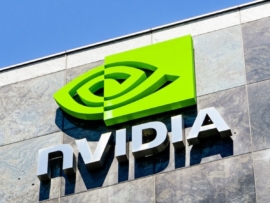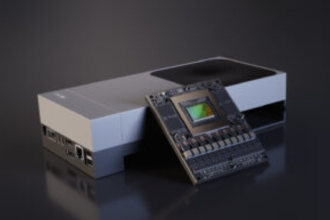
The US government has reached a deal to collect a 15% commission on Nvidia chip sales to China, but the details of how this will be implemented remain unclear. The tech giant, the first public company worth $4 trillion, and the government are still in talks, according to Bloomberg.
Government has not issued formal guidance on 15% commission
As of Aug. 27, the government had not specified what regulations it might put in place to ensure Nvidia makes the payments, Bloomberg reported. Without clarification, the chipmaker plans to conduct business as usual.
“If nothing shows up, I’ve got licenses,” said Chief Financial Officer Colette Kress in an interview with Bloomberg. “I don’t have to do this 15% until I see something that is a true regulatory document.”
Nvidia warns of legal risk and unfair competition
Nvidia is also wary of potential legal risks. A legal filing from Nvidia cautioned that “any request for a percentage of the revenue by the USG may subject us to litigation, increase our costs, and harm our competitive position and benefit competitors that are not subject to such arrangements.”
The company has been at the center of geopolitical intrigue in other ways as well. Beijing alleged some H20 chips had backdoors built in.
Chinese semiconductor companies, such as Huawei, offer their own chips, with Beijing-based Cambricon emerging as another fast-growing alternative.
Timeline of government restrictions on Nvidia’s sales in China
Nvidia makes powerful artificial intelligence chips that have become the backbone of the tech industry.
The US restricted Nvidia’s export of chips to China under Joe Biden’s administration in 2022, leading the tech giant to make a line of pared-down GPUs, the H20s, to comply. In April, Donald Trump’s administration extended export controls to the H20s. Nvidia projected a $5.5 billion loss.
In August, the administration said it would lift the restrictions in exchange for 15% of the revenue from sales to China. A similar deal was struck with AMD, which makes the MI308 for the Chinese market.
Since then, Nvidia CEO Jensen Huang has met with Trump to discuss selling the company’s most advanced chip, the Blackwell GPU, to China.
Earlier this week, Trump suggested possible sanctions on EU representatives who enforce the Digital Services Act.






